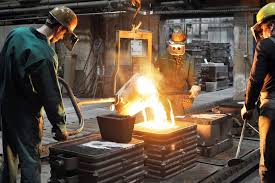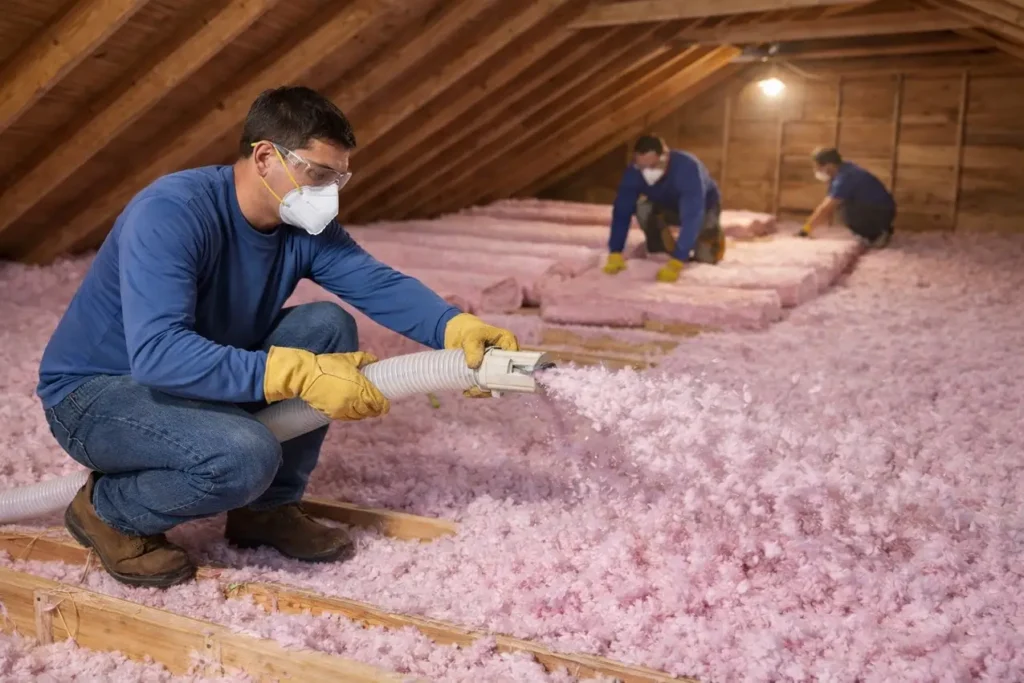The construction and maintenance of marine structures are complex tasks that demand the utmost durability, reliability and strength from the materials used. These structures, which are continually exposed to harsh marine environments, need to withstand factors such as saltwater corrosion, extreme weather conditions, and significant mechanical stress. Amongst the various materials suitable for constructing these demanding applications, steel casting emerges as a predominant choice for heavy-duty marine structures.
The Imperative of High-Quality Steel Castings
Steel castings are employed in creating parts that form the core of large marine infrastructure, including ship hulls, anchor systems, and propellers. The process of steel casting involves molten steel being poured into moulds, where it solidifies in specific geometrical shapes. Properly executed, steel casting produces components with high dimensional accuracy, structural integrity, and mechanical properties that can be tailored to various requirements. For engineers and construction teams, the selection of high-quality steel castings is pivotal to ensuring both safety and longevity in marine engineering projects.
FC Casting Solutions – Pioneering in Steel Castings
When it comes to sourcing steel castings for heavy-duty marine structures, industry leaders FC Casting Solutions stand at the forefront. With expertise in producing steel castings for a wide range of marine applications, their products are synonymous with durability and quality. The meticulous attention to detail in their production processes ensures that every cast meets stringent industry standards, and often, surpasses them.
Challenges in Marine Steel Casting
One of the challenges in creating steel casting for marine structures is managing the balance between strength and flexibility. Marine structures must be sturdy enough to handle the static and dynamic loads they will experience throughout their service life. However, they also need a degree of flexibility to absorb and adapt to the impact of waves and the constant change in load distribution. Advanced metallurgical practices and modern design techniques are integral to overcoming these challenges and are key areas of focus for leading steel casting providers.
Corrosion resistance is another factor requiring meticulous consideration. The constant exposure to saltwater dramatically accelerates the oxidation process in many metals. Specialized steel alloys, which include elements such as nickel, chromium, and molybdenum, are developed to increase the steel’s resistance to corrosion. Through alloying and post-casting treatments, the lifespan of steel cast components in marine environments is significantly enhanced.
Role of Steel Castings in Marine Safety and Efficiency
Heavy-duty marine structures are not only about withstanding the elements. They also play a vital role in the safety and efficiency of marine operations. High-quality steel castings contribute significantly to this end by providing components that form the basis of secure mooring systems, watertight doors, and even specialised containers designed to handle hazardous materials. Each of these applications relies on the precision and reliability of their steel cast counterparts to function safely and effectively.
Furthermore, the customisation aspect of steel casting allows for unique design requirements to be met with precision. Whether for specialised ship components or port infrastructure, tailor-made castings ensure that every facet of a marine structure is optimised for its specific purpose, contributing to greater overall efficiency and performance.
Environmental Considerations in Steel Casting
In today’s context, environmental considerations form an integral part of all industrial processes, including steel casting. The marine industry, in particular, is under heightened scrutiny due to its impact on the marine ecosystem. Therefore, green casting practices that minimise waste and pollution are increasingly adopted by responsible casting firms. Recycling of materials, energy-efficient production methods, and the development of sustainable alloys are among the measures being taken to reduce the environmental footprint of steel casting operations.
For steel casting companies servicing the marine industry, such practices not only improve their environmental performance but also cater to the growing demand for sustainable sourcing within the sector.
Investment in Research and Development
Innovation remains key to advancing the field of steel casting for marine applications. Constant investment in research and development is essential for pushing the boundaries of what is achievable in terms of material properties and casting techniques. Quality steel castings can only maintain their position as a go-to solution for heavy-duty marine structures through continuous improvement and adaptation to new engineering challenges.
By investing in R&D, companies like FC Casting Solutions ensure that they remain at the cutting edge, providing products that meet the latest safety standards, performance benchmarks, and regulatory requirements.
The Future of Steel Casting in Marine Construction
As global trade and maritime activities continue to grow, the importance of robust marine structures becomes ever more critical. The industry’s future will likely see an increasing reliance on steel castings, with an emphasis on innovative design and sustainable materials. Combined with developments in other technological areas like automation and advanced sensors, the use of high-quality steel castings is set to become even more significant in constructing secure and efficient marine structures.
Conclusion
Steel casting for heavy-duty marine structures continues to be an area of significant importance within marine engineering and construction. The combination of durability, customisation, and reliability offered by steel castings is unmatched by alternative materials, making them indispensable for the most demanding marine applications. With industry leaders such as FC Casting Solutions leading the way in quality and innovation, the sector is well-equipped to face the challenges of modern marine construction and maintenance.
With ongoing advancements, the resilience and adaptability of steel casting techniques will remain pivotal in shaping the future of marine structures, ensuring safety and efficiency at sea for years to come.






